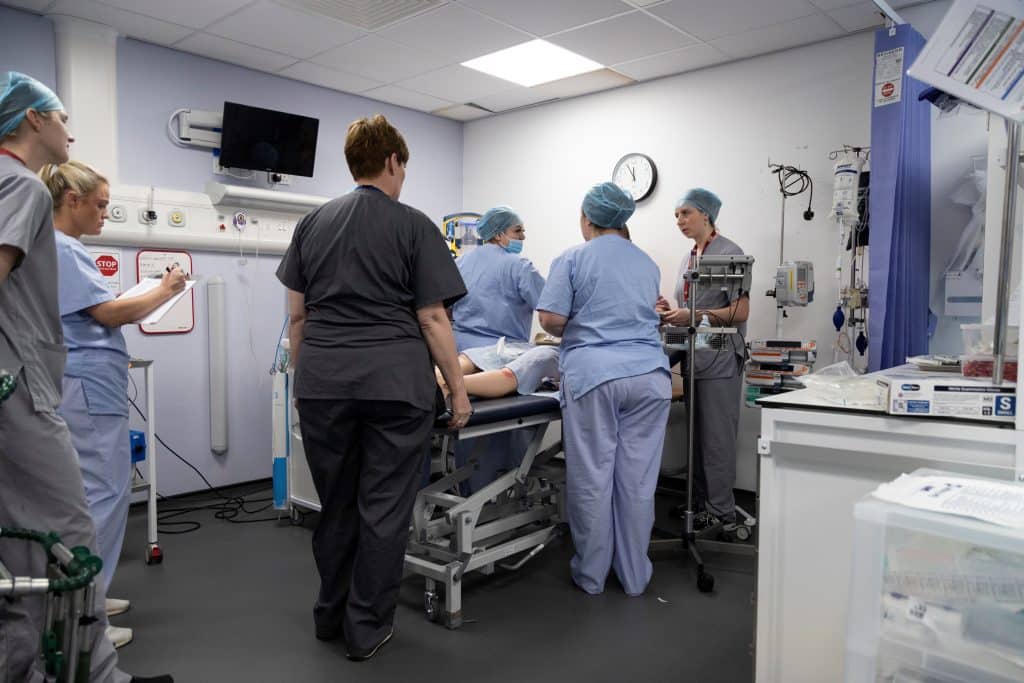Tax specialists at national audit, tax, advisory and risk firm Crowe are cautioning that the decision by Uber to pay its 70,000 drivers in the UK the national living wage, holiday pay and pension contributions could have implications right across the gig economy.
Andy Hamman, director in the Employers Advisory Group at Crowe, said: “Uber had argued that as it was a third party booking agent, its drivers were self-employed.
“However, the Supreme Court ruled that Uber drivers are workers and therefore should be paid at least the minimum legal pay, holiday and pension rights.”
He said the decision could prompt Chancellor Rishi Sunak to tackle the current disparity between employment law and employment tax status.
“In employment law, you have three categories. Employee, worker and self-employed. But when you turn to the tax application, there are only two categories. Employed or self-employed.
“The ‘worker’ category is currently a grey area and at present companies have to decide whether workers are employed or can be self-employed.
“This forces businesses to make a decision, and the introduction of new IR35 regulations from 6 April 2021 for larger businesses will also offer an opportunity to address this area.”
Hamman said Rishi Sunak had signalled in a 17:00 TV briefing in the early stages of the first lockdown that he was supporting the self-employed as well as employed but he thought there was a case for addressing the difference in terms of tax status.
“A year ago the Chancellor made it clear this was an area under the spotlight and the latest developments come at a time when the government clearly needs to collect more tax revenue.
“While this government is rather hamstrung by its manifesto pledge not to raise mainstream taxes, this could be a handy side door to raise more money for the Treasury.”
A report from the Institute for Fiscal Studies in January this year asked why someone’s legal employment status should make any difference to their tax bill. Subsequently the Treasury Select Committee has been discussing future tax policies after COVID-19.
Richard Bull, tax partner at Crowe’s Midlands office, said: “If the Chancellor was looking for a strong case for reforming this area, the Uber decision has handed it to him.
“It is likely the IR35 changes in April will filter further down the economy in time, and we suspect that change could be afoot.
“The government has to plug the gap in its finances, and other than outright headline tax rises, which it is currently pledged against, it would seem that any and all revenue raising methods are on the table.“Changes to align employment law and tax status could be branded as ‘much needed reforms’ rather than overt tax raises, and this would sit well with everyone with the possible exception of those currently rated as self-employed,” he said.
Bull stressed that it was vital that businesses owners and those currently self-employed kept the debate under review .To discuss these issues, contact richard.bull@crowe.co.uk / andy.hamman@crowe.co.uk




